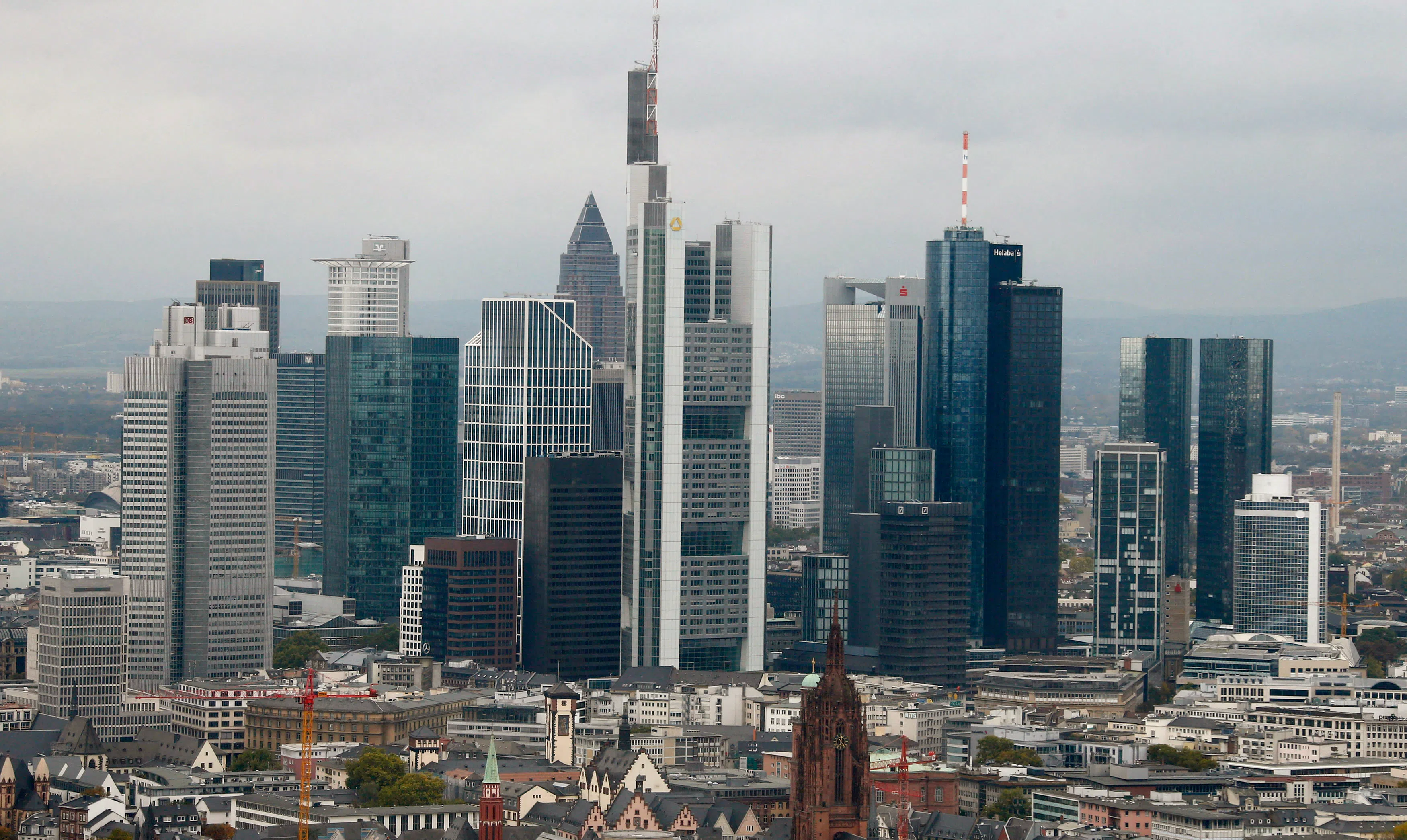Cyclone ‘Biparjoy’ is likely to affect the coastline of Goa, Maharashtra and Karnataka.
New Delhi:
Cyclone ‘Biparjoy’, the first storm brewing in the Arabian Sea this year, is currently centered about 860km west-southwest of Goa. It is now a very severe cyclone which is expected to intensify further in the next 48 hours.
Here are the top 10 updates on this story:
-
According to forecasting agencies, the storm reportedly has been undergoing “rapid intensification”, escalating from just a cyclonic circulation to a severe cyclonic storm in just 48 hours, defying earlier predictions.
-
The cyclonic storm is currently over east-central Arabian Sea and would move north-northwestwards, the IMD said in a bulletin. The cyclone currently has a windspeed between 135-145 kmph.
-
Atmospheric conditions and cloud mass indicate that the system is likely to sustain the strength of a very severe cyclone till June 12.
-
Cyclone ‘Biparjoy’ is likely to affect the coastlines of Goa, Maharashtra and Karnataka. The Gujarat government has said that it is fully prepared to tackle with possible natural calamities. Fishermen are advised not to venture into such cyclone-hit areas in the Arabian Sea and those who are out at sea are advised to return to the coast, the IMD said earlier.
-
The IMD has not yet predicted any major impact on countries adjoining the Arabian Sea, including India, Oman, Iran and Pakistan.
-
After a week’s delay, the southwest monsoon finally reached Kerala, the IMD announced. Meteorologists earlier said Cyclone ‘Biparjoy’ had been impacting the intensity of the monsoon and that its onset over Kerala would be “mild”.
-
India is expected to get normal rainfall during the southwest monsoon season despite the evolving El Nino conditions, the IMD had earlier said.
-
Scientists say cyclonic storms in the Bay of Bengal and the Arabian Sea have been intensifying rapidly and retaining their intensity for a longer duration due to climate change.
-
According to a study ‘Changing status of tropical cyclones over the north Indian Ocean’, the frequency, duration, and intensity of cyclones in the Arabian Sea have increased by about 20 per cent in the post-monsoon period and 40 per cent in the pre-monsoon period.
-
There has been a 52 per cent increase in the number of cyclones in the Arabian Sea, while very severe cyclones have increased by 150 per cent.






